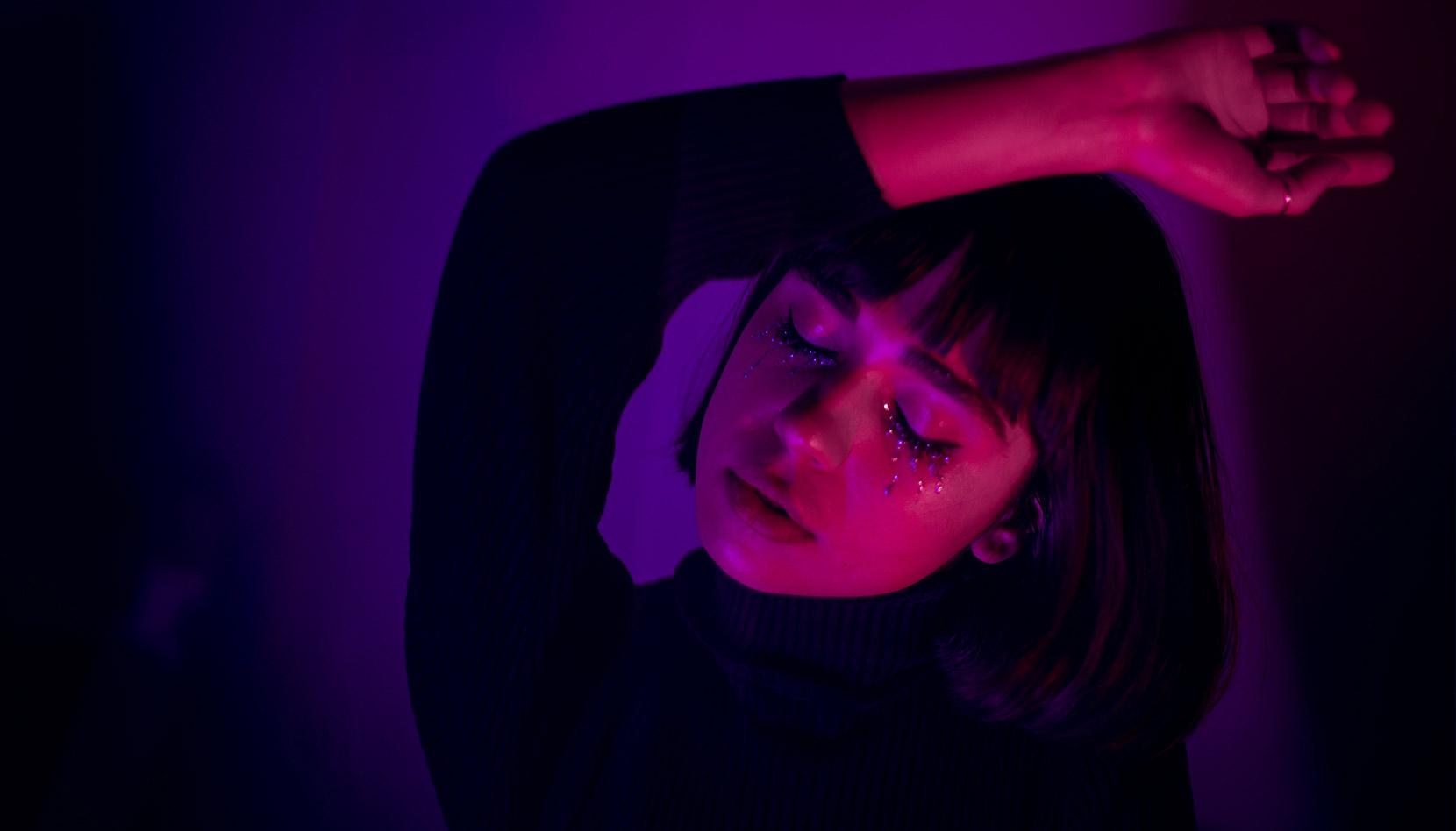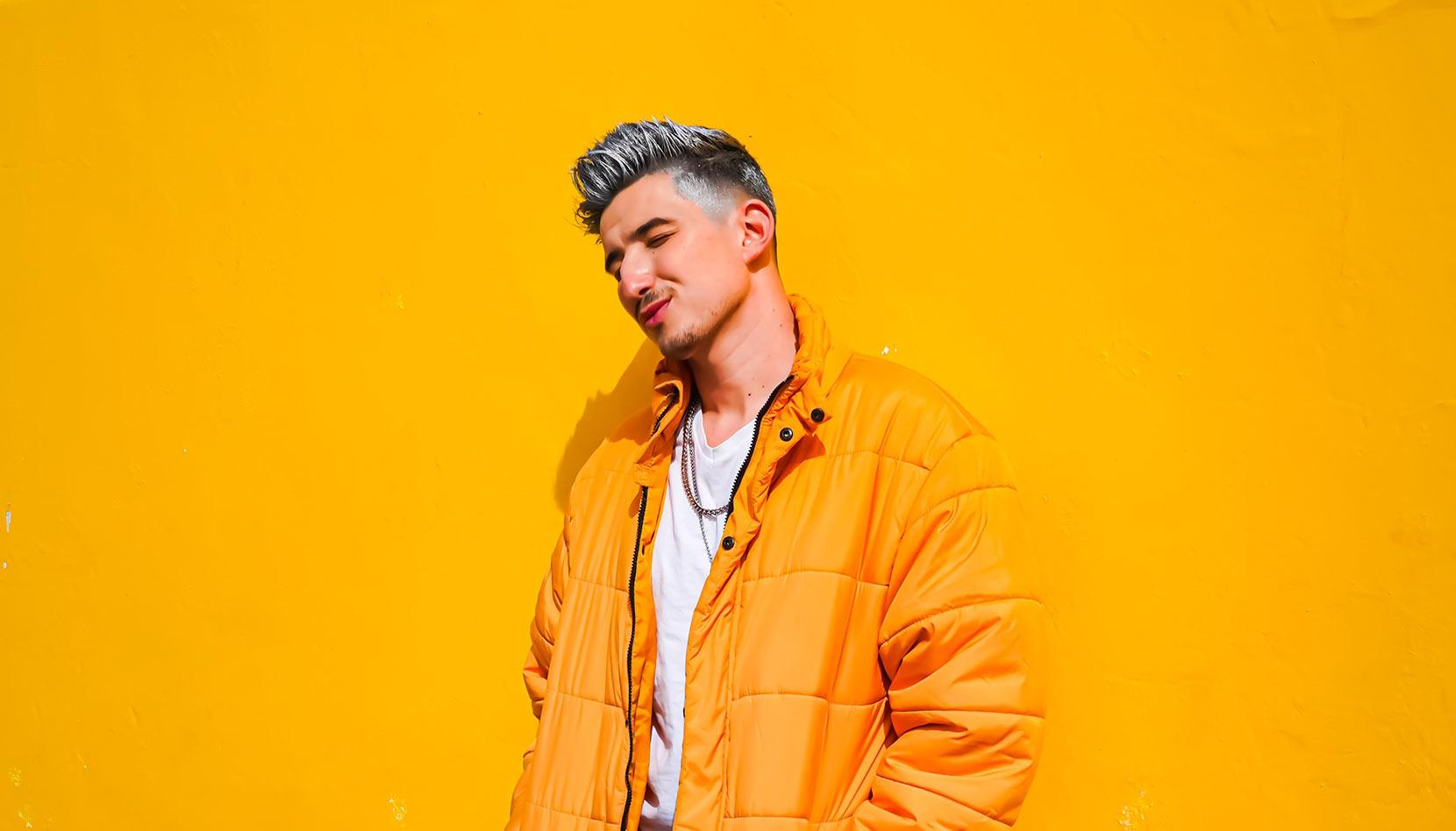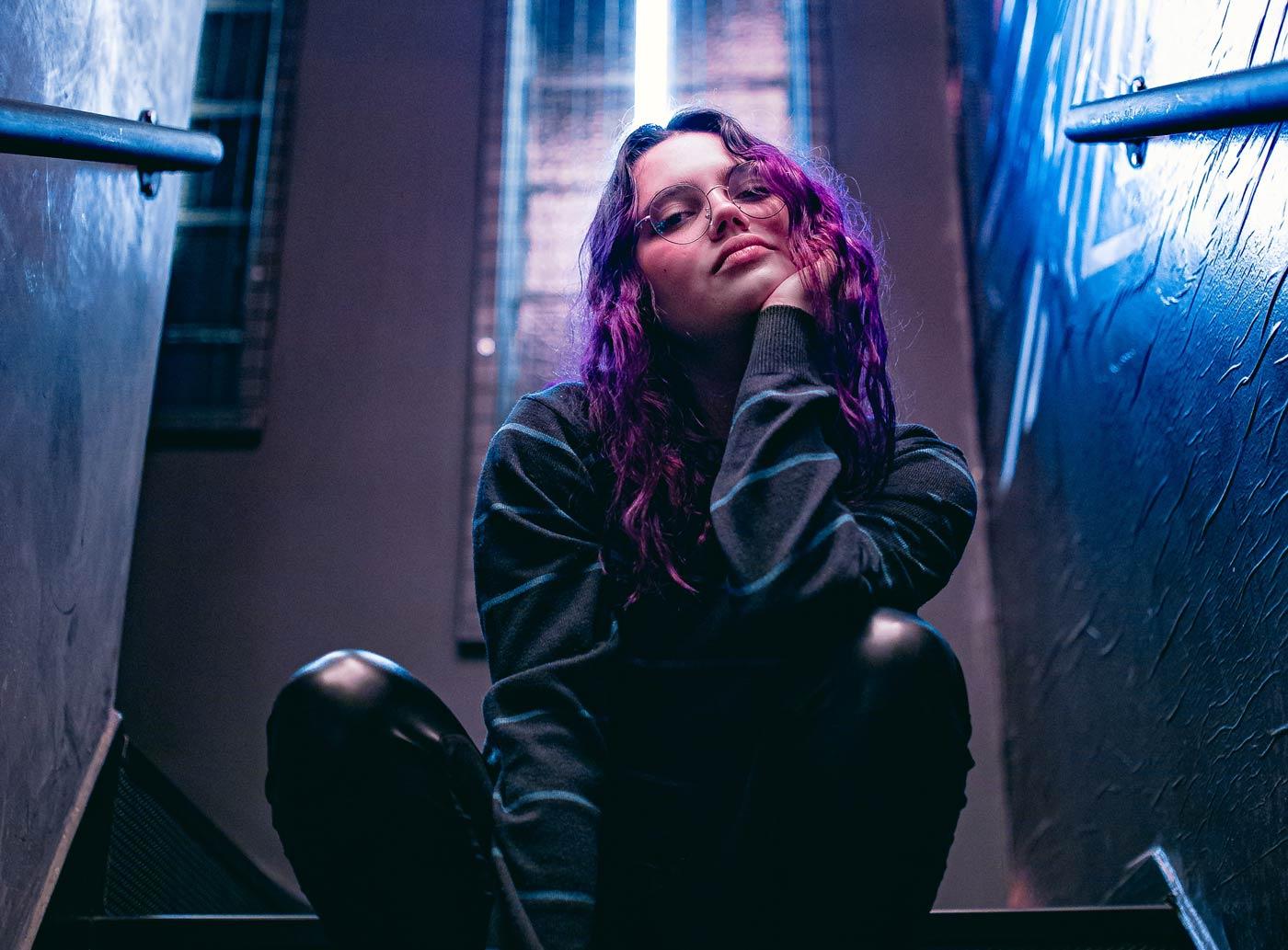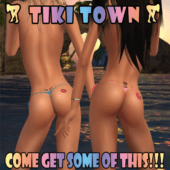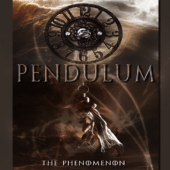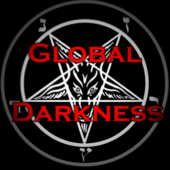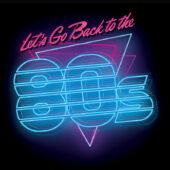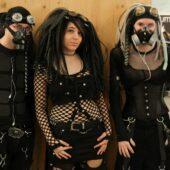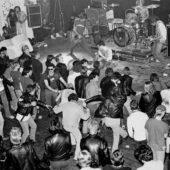What Bruce Springsteen Can Teach the Music Business About Superfandom

As a music journalist, I tend to look at fan armies with only professional interest — what they mean for the industry and how I can make sure they won’t figure out where I live. Last week, however, I suddenly had to face the fact that I’m in one — and I have been for the last 35 years. And I realized that many creators might need to change the way they think about cultivating and keeping superfans.
I went to Stockholm last week to see Bruce Springsteen, one of my favorite artists, for what must be at least the 30th time. I stayed in a hotel close to the venue, which was full of people like me — by which I mean Springsteen fans of a certain age (ahem) who wanted to see the concert enough to travel from all over Northern Europe and, in some cases, the U.S. Many came with spouses or children, and some planned on seeing a few shows — or even a couple of weeks’ worth. One couple said that they were happy Springsteen now gives himself a couple of days off between shows, since it gave them more time for sightseeing during the vacations they organize around concerts.
These people don’t think of themselves as part of a fan army. They don’t have a nickname or collect different versions of the same CD. I don’t, either. In fact, I feel a bit sheepish saying that this concert was one of the highlights of my summer, or that I spent a few hundred dollars to go, but it is and I did, and it was totally worth it. After the show, about two dozen people gathered in the lobby after the show to talk highlights and trade war stories, and some of them gathered again the following night after cancelled flights left them stranded in Stockholm. I feel even more sheepish about how much I enjoyed that.
Trending on Billboard
Whatever. From a music business perspective, this is just what superfans do. One difference between his and most is that Springsteen built his audience the old-fashioned way — with unforgettable live shows that convinced fans to come back and bring friends (and, these days, kids). The people in my hotel are obviously the exception — I’m talking about a few dozen people in a venue that holds more than 50,000 — but at this point I think Springsteen concerts mostly draw serious fans. (Springsteen opened with “Seeds,” which he only ever released as a live performance on a 1986 box set, so I assume he thinks the same.) And although it’s hard to be sure, I think most of them were won over by his concerts.
These days, music executives focus less on live acts — how live are most pop performances anyway? — and more on hit singles. Fan armies are built online, usually around the shared experience of hoping a song will go to No. 1 or buying extra copies in order to boost it. But how long will that last? The music you love when you’re young tends to remain in your life, but going to concerts might have more appeal over time than trading gossip about chart position online. Cultivating an audience devoted enough to keep coming back year after year can be much harder — but it can also be more effective.
The problem is that this part of the business is hard to see in data. Industry executives often talk about how much superfans are worth in terms of the CDs or tchotchkes they buy, but it’s harder to measure the effect of fans who keep coming back over the course of years. I saw one Springsteen show this year and two last year, which doesn’t really move the needle. The 30-or-so shows I’ve seen would, of course, but those were over a period of 36 years — starting with, if you’re curious, the Tunnel of Love Tour in May 1988. (I was already enough of a fan to attend two of the five shows — and then I was really hooked.)
What keeps me coming back — and I think what keeps most fans coming back — is that Springsteen delivers shows that are both consistently great and fairly different. If he’s had an off night, I haven’t seen it. At the same time, he makes every tour different and varies the set list every night, with moments of genuine magic — in Stockholm he delivered a haunting “Racing in the Street” and pulled a kid up onstage to sing the chorus of “Waitin’ on a Sunny Day.” Others keep going back to hear rare favorites — seeing Springsteen play “Jole Blon” in September 2012 was a profound experience for me, even if most of my friends had absolutely no idea what I was talking about.
You could say a lot of these things about a lot of rock bands — there was a time when playing a different set every night was the rule instead of the exception. And it does seem to draw people in. Fans love a curveball of a cover, and some even appreciate the flubs — there’s so much more at stake without the artificial perfection that comes from a click track. Communities are built from appreciating, comparing and, yes, griping about difference performances. Just read the New Yorker story about Dead & Company to get the idea.
Like any true fan, I’m going to say Springsteen is different. More than any other current artist, he believes — and gets concertgoers to believe, at least for the time he’s onstage — that rock actually matters, that there’s more at stake onstage than entertainment, that this kind of music can actually sustain you. As I get older, with less time to drive down an empty highway for no reason at all, it gets harder to believe that. But I’d like to. Maybe in some way I need to — so much that I’ll be back next year and probably again the year after that.




